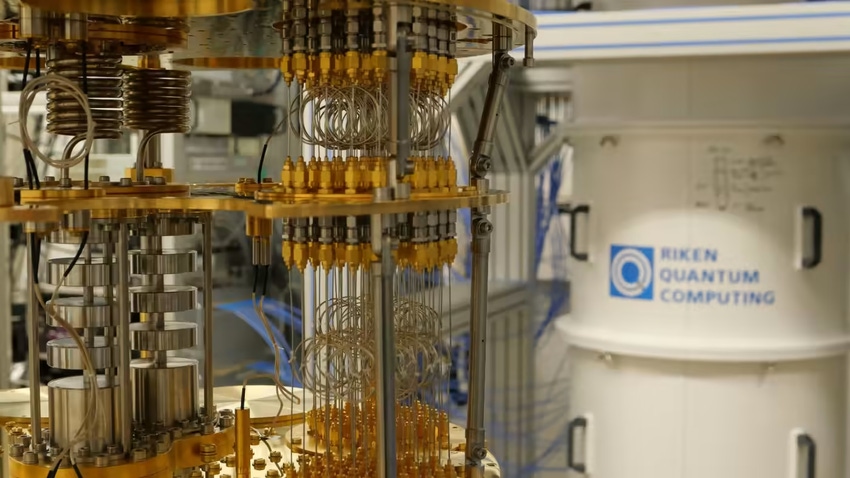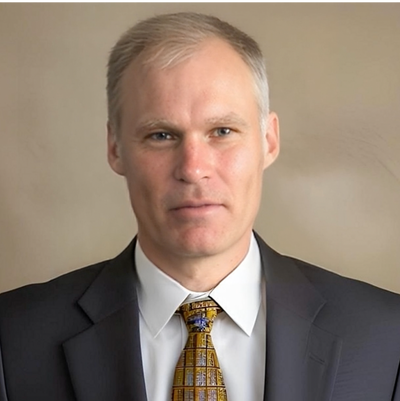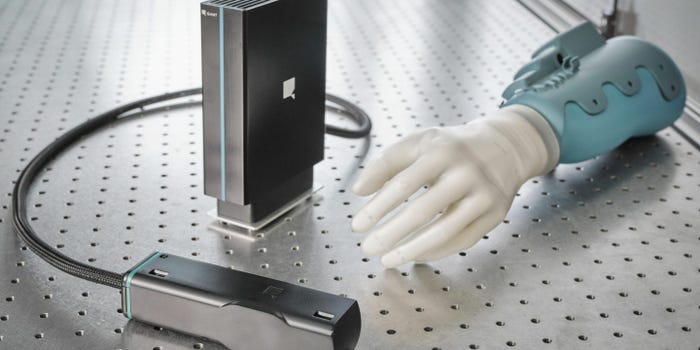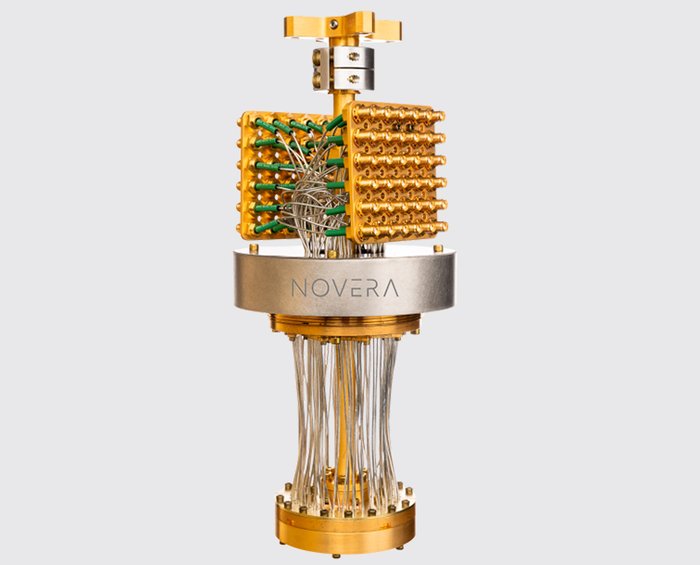
Connects decision-makers and solutions creators to what's next in quantum computing
Machine Learning Paves the Way for Quantum Computing Error Correction
Riken researchers reduce quantum device complexity while retaining effective error correction
September 12, 2023

Researchers at the Riken Center for Quantum Computing in Japan have used machine learning to autonomously correct quantum computing errors. Their method, while approximate, detects essential error corrections.
The fragility of quantum superpositions often limits quantum computing’s potential. Even minor outside disturbances can induce errors, jeopardizing the benefits quantum computers promise. Traditional error correction methods further compound the problem by adding complexity and elevating the risk of more errors.
Instead of using standard error-detection techniques, the Riken researchers proposed a carefully constructed artificial environment that reduces quantum device complexity while retaining effective error correction.
Their research focused on “bosonic qubit encodings,” a feature commonly found in quantum computing platforms based on superconducting circuits.
Navigating the complex realm of bosonic qubit encodings posed a significant optimization challenge. To surmount it, the Riken researchers used reinforcement learning, a sophisticated machine learning approach in which an agent continually refines its actions through interaction.
The research produced a simple, approximate qubit encoding that reduced device complexity relative to other suggested encodings and demonstrated enhanced error correction prowess.
However, practical quantum error correction still has hurdles to overcome. The researchers said that much of their work remains theoretical and the real test will be experimental verification.
“Our work not only underscores the potential of machine learning in quantum error correction, but it also hints at a nearer future where quantum error correction is practically realized in experiments,” said the study’s lead author Yexiong Zeng.
The researchers’ work also opens up new possibilities for developing quantum machine learning algorithms in improving the performance of quantum error correction algorithms.
About the Author(s)
You May Also Like






